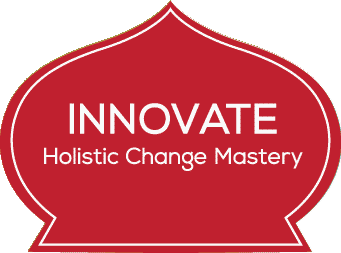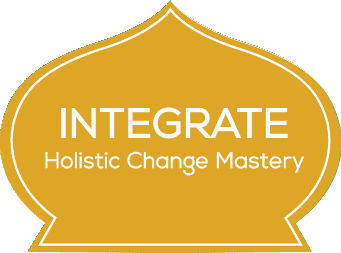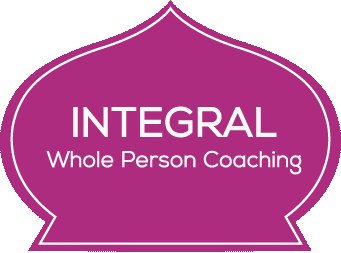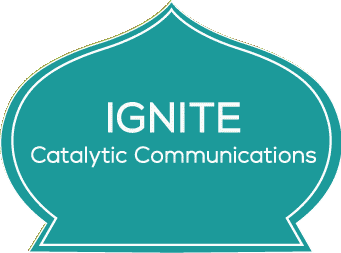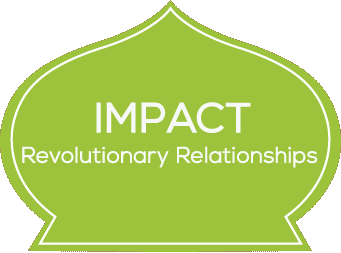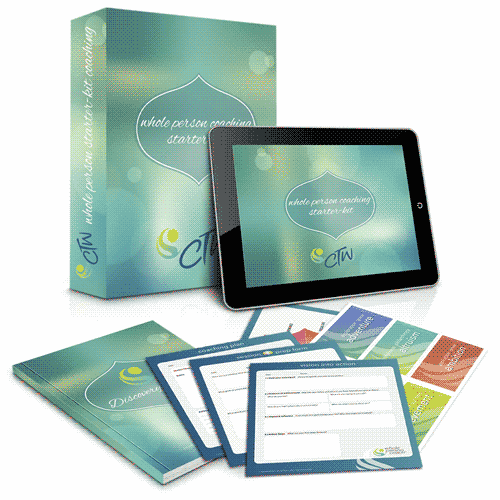
Should you become a Whole Person Spiritual Coach?
Spiritual coaching can take many forms. By training to become a Whole Person Coach, you’ll ultimately shape the foundation of your coaching practice upon your spiritual or religious preferences. This is how you will attract your ideal clients.
As a spiritual coach, your clients gain access to the inner guidance that lives within. Drawing upon their unique way of connecting with the divine, their belief system is the starting point for your work. Through their beliefs, you then offer them a myriad of tools, techniques and spiritual practices.
By connecting with the divine wisdom of an individual’s spirit, you help your clients identify and remove any barriers standing in the way of their path to happiness, fulfillment and life success.
What is a spiritual coach?
A spiritual coach gives their clients access to the guidance they seek. Often this guidance is both internal and external. Drawing upon a client’s unique way of connecting with the divine, their belief system is the starting point for your work. Through the lens of their beliefs, you offer tools, techniques, and spiritual practices that support a deeper understanding of themselves, their purpose, and true potential.
Spiritual coaches work side-by-side with individuals to discover and clarify their spiritual insight and connection. They also help create practices and employ tools to connect people with the divine. In this role, you accompany individuals as they course-correct their life direction onto the path that is most meaningful to them. This is always in direct alignment with their inner guidance and resources.
It is not necessary for you to share the same belief system as your clients. However, shared beliefs may lead to greater levels of success in some cases. Nevertheless, with a foundation in holistic coaching, you are well equipped to understand the deeper dimensions and multiple access points to the divine and support your clients in a myriad of ways.
Success within this coaching niche is often dependent upon a direct understanding and acceptance of the belief system of your clients. You are often sought for this specialized insight and your commitment to help people access the divine as they define it.
Who hires a Spiritual Coach?
Many believe in the presence of a higher power. This is described by many names, including God, The Divine, Source or Collective Conscious, to name a few. Regardless of how your clients refer to their particular system of belief, they desire a deeper understanding of themselves, their purpose and true potential. As a spiritual coach, your clients seek to work with you side-by-side as they access their spiritual insight and connection. You accompany them as they course-correct their life direction onto the path that is most meaningful to them and in direct alignment with their inner guidance and resources.
A popular subcategory of spiritual coaching is divine manifestation. Those who identify with “The Secret,” “Law of Attraction” and similar titles centered on personal transformation often desire to work with a spiritual coach. Like the pathways found in these bestsellers, clients are most interested in tapping into the energy and vibrations that lead to manifestation.
Why you might love becoming a Spiritual Coach?
The drive to seek meaning and our purpose in life is part of what it means to be human. Operating within this framework, many individuals who specialize in spiritual coaching tend to have a spiritual background themselves. Among many others, this may include a background in ministry or a similar form of spiritual training or practice such as Buddhism, Hinduism (Yogis), or meditation. In the same way, other successful spiritual coaches have employed tarot, astrology, intuitive readings and complementary tools to help their clients find their own way.
Also, interesting to note is a growing interest in spiritual coaching by practitioners of specific religious creeds. For one reason or another, they no longer wish to continue with the particular dogma or ritualized practices of the religion. But they have not let go of their faith. Training to become a spiritual coach allows them to keep in touch with this aspect of self while helping others do the same.
Though it is not necessary for you to share the same system of beliefs with your clients, shared beliefs may lead to greater levels of success in some cases. Nevertheless, as someone who understands the deeper dimensions and multiple access points to the divine, you are well-equipped to support your clients in a myriad of ways. The cornerstone to your success within this niche is an understanding and acceptance of the belief systems of your clients, as well as your commitment to help them access the divine as they define it.
Like all other branches of coaching, spiritual coaches are soul-driven individuals who delight in helping clients attain their best possible future on a soul level. Unlike other coaching niches however, this branch places the soul’s yearning and spiritual fulfillment front and center. It taps into an individual’s divine connection and gifts as the primary source of wisdom.
What are the different kinds of spiritual coaches?
Further subsets of this niche are found in those who enhance their spiritual coaching services with a focus on:
- Energy and vibrational fields
- Imagery and soul collage
- Intuitive painting
- Manifestation
- Divination
- Soul work
- Shamanism and spiritual journeys
- Religious or spiritual practices related to coach’s background
- And an extensive range of specialized rituals and practices that serve individual belief systems
How does spiritual coaching differ from religious coaching?
Like all other branches of coaching, spiritual coaches are soul-driven individuals who delight in helping clients attain their best possible future on a soul level. Unlike other coaching niches however, this branch places the soul’s yearning and spiritual fulfillment front and center. It taps into an individual’s divine connection and gifts as the primary source of wisdom.
While a spiritual coach and religious coach are both concerned with an individual’s drive to seek meaning and purpose in life, their focus may be slightly different. Spiritual coaches focus on the development of an individual’s divine connection. In contrast, a religious coach may address a problem, such as divorce, career, or lifestyle choices, within the framework of a specific belief system. Their services are also frequently paired with life coaching.
A religious coach often begins work with a client who has a firm understanding of their beliefs. Spiritual coaches start by helping an individual discover and build that understanding. This may light the way for future decisions based on the personal and spiritual values discovered through spiritual coaching.
The attraction of a religious coach is that they already know and have lived a specific religion’s beliefs. Readily familiar with its practices, they share a common language with their clients.
Religious coaches are found throughout the full spectrum of modern belief systems. This covers every major organized religion, including variations within each that differ in their theology and traditions. For this reason, you can find religious life coaches who specialize in:
- Atheism/Agnosticism
- Bahá’í
- Buddhism
- Christianity
- Confucianism
- Druze
- Gnosticism
- Hinduism
- Islam
- Jainism
- Judaism
- Rastafarianism
- Shinto
- Sikhism
- Zoroastrianism
- Traditional African Religions
- African Diaspora Religions
- Indigenous American Religions
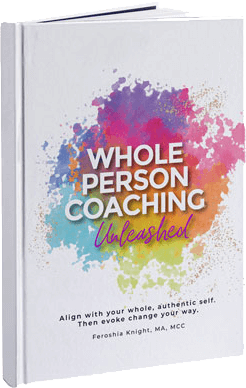
See how our difference can help you to make yours...


